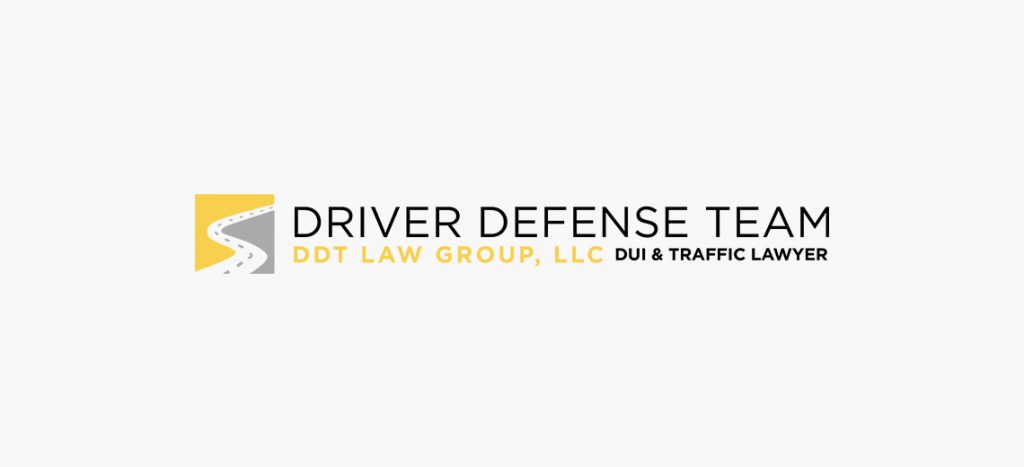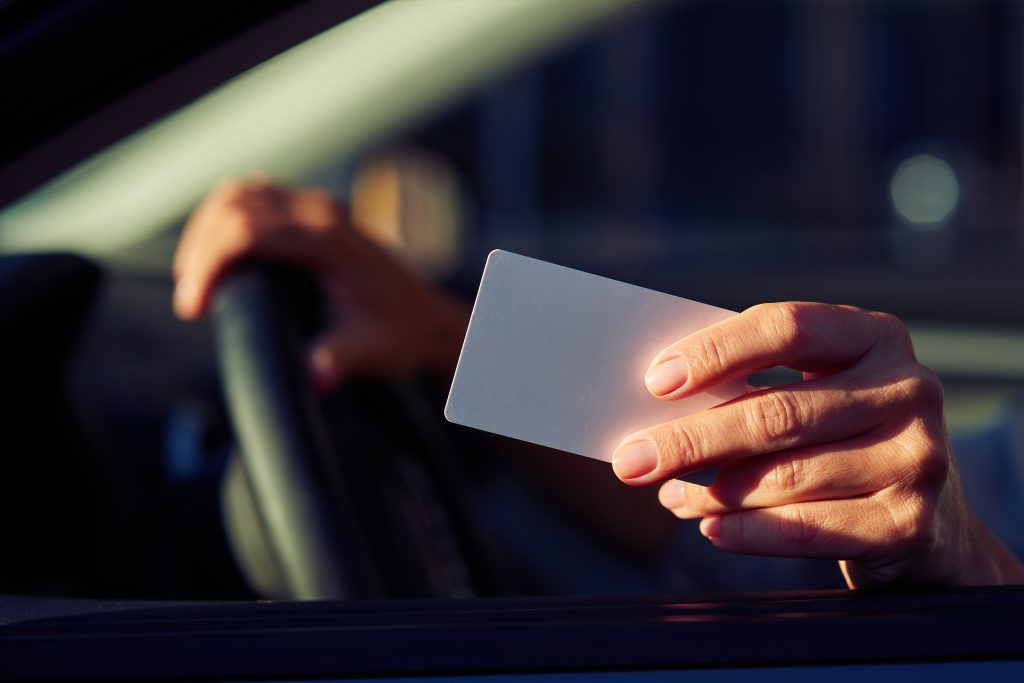Hiring an attorney is a deeply personal decision and an individual hiring an attorney must consider many factors before making a decision on who will represent them in court. When an individual is faced with the choice to either hire a private attorney or a public defender, that individual is in the unfortunate position of being accused of a crime. As a former attorney for the office of Public Defender, I am uniquely qualified to explain the differences between a private attorney and public defender. Further, my experience as a public defender has given me unparalleled insight into why it’s almost always in the best interest of an individual facing a criminal charge to hire a private attorney.
What is a Public Defender
The Sixth Amendment to the U.S. Constitution guarantees that an individual that is being prosecuted in a criminal matter has the right to assistance of counsel. The right to a lawyer in criminal prosecutions applies to crimes charged by the Federal Government and the State Government. The right to have assistance of counsel was expanded to State Prosecutions through the case of Gideon v. Wainwright where the U.S. Supreme Court determined that the 14th amendment gives a criminal defendant the right to counsel in State prosecutions.
Though a criminal defendant has the right to effective assistance of counsel, this right does have limitations. Under the U.S. Constitution, the right to counsel only applies to individuals that are charged with a felony or a serious misdemeanor crime. In general, an individual does not have the right to counsel for criminal charges where the maximum sentence is less than 180 days in jail.
If an individual is not able to afford legal representation in a criminal prosecution, the court will appoint an attorney. These court appointed attorneys are known as “public defenders.” Each State has established strict guidelines for who may qualify for a public defender. In order to qualify for a court appointed public defender an individual must be deemed to be “indigent”. In general, State’s have determined that in order to be considered indigent the person must be 125% below the poverty level. This means that most employed adults will not qualify for a public defender. If an individual does not qualify for a public defender they must either hire their own lawyer or represent themselves.
Limitations of a Public Defender
An individual is only eligible for a public defender if the individual is accused of a crime. The crime that the individual is being accused of must have a minimum sentence of 180 days in jail. The individual must also meet the State’s definition of “indigent” to qualify for a public defender.
The first limitation of a public defender is the fact that a public defender can only represent an individual in a criminal matter. Many criminal offenses often involve civil penalties in addition to criminal penalties. Public defenders are not allowed to represent an accused individual in civil matters. For example, in Illinois when an individual is accused of Driving Under the Influence (DUI) the arresting officer will likely seize the individual’s driver’s license and the license will likely be suspended. This DUI suspension of the driver’s license is a civil matter that is handled by the Illinois Secretary of State. A public defender is barred from representing the individual at a hearing to prevent the driver’s license suspension. If an individual is represented by a public defender on a DUI charge, that individual will likely have their driver’s license suspended because they will not have representation on the civil matter.
The second limitation of a public defender is that they cannot represent an individual on crimes that do not have the possibility of a jail sentence. Criminal sentencing guidelines are contained within the State Statutes. These sentencing Statutes require a judge to sentence an individual within a prescribed fine amount, jail amount or a combination of a fine and jail. Many minor traffic offenses and minor crimes do not carry the possibility of a jail sentence. A public defender is again barred from representing an individual on a minor offense.
This can potentially be a VERY big deal for a criminal defendant and their future. Many minor crimes only require a fine for the first offense where an accused individual would not be entitled to a public defender. However, the second offense may include the possibility of jail time. An accused individual might plead guilty on the first offense not understanding that a subsequent offense could cause them to be incarcerated.
The third limitation of a public defender is that an individual must qualify for a public defender. A public defender is a government employee and their salary is set by the local government. Every single criminal defendant cannot be appointed a public defender because the government simply does not have the budget to pay for the representation of every individual accused of a crime. Therefore, the State’s have set strict limits on who may be appointed a public defender. In order to qualify for a public defender an individual, in general, must be 125% below the poverty level set by the federal government. This means that a working adult is unlikely to qualify.
The last, and most significant, limitation on a public defender is the amount of cases in which they have. Most public defenders have a caseload in excess of double the cases of a private attorney. This means that a public defender can only focus so much on any one case. This means that the criminal defendant’s case is not getting as much attention as he/she may wish. A public defender must prioritize cases and give certain cases less attention than others. Public defenders do not get to choose what type of cases they are appointed on and instead are appointed for all types of cases. This means that public defenders have a good command of the law in general but they are not specialists in any one area of criminal law.
What is a Private Attorney
A private attorney is an attorney that is licensed to practice law in your state and is not a public employee. Private attorneys come in many shapes and sizes. A private attorney may be a solo practitioner taking on a plethora of legal matters with no specific focus. A private attorney may work for a multinational corporation focusing on a very specific area or law. A private attorney may work for a boutique law firm that specializes in and only practices in a very specific area of law. Driver Defense Team falls into the final category. Driver Defense Team only focuses on criminal matters with a specific focus on driving related offenses.
There is some overlap between private attorneys and public defenders, but not much. Both private attorneys and public defenders are able to practice criminal law. However, the similarities pretty much end there. A private attorney has the ability to determine what type of cases they want to work on and which individuals they want as clients. The biggest difference between a private attorney and a public defender is the fact that a private attorney has the ability to determine their own caseload. A private attorney will never take on more cases than they can manage. While a public defender must represent the people that the court appoints them to represent no matter the number of cases they currently have. The number of cases a private attorney has directly impacts the attention they can give to the details of a case and the communication they have with an individual client.
One of the most important differences between a private attorney and a public defender is what matters they are allowed to represent a client on. When a civil matter overlaps with a criminal matter a private attorney is allowed to represent the client on both matters, ensuring the best outcome. For example, when an individual is charged with a DUI in Illinois, Driver Defense Team is able to not only represent the person on the criminal DUI but Driver Defense Team can also represent the individual on the civil matter to prevent the person’s driver’s license from being suspended. This is one of the most important differences between a public defender and a private attorney because hiring Driver Defense Team may be the difference between an individual losing their driver’s license or not. Further, when an individual is charged with Driving on a Suspended or Revoked Driver’s License a public defender is not able to assist the individual in getting their driving privileges reinstated, while Driver Defense Team is able to determine if the person is eligible to get their driver’s license back or not.
Why Hire Driver Defense Team v. a Public Defender?
- The attorneys at Driver Defense Team have a smaller caseload that does not exceed a set amount of cases. Smaller caseloads result in:
- the best communication of any firm between the attorney and the client. Our clients receive frequent case updates, calls, text messages and emails.
- the greatest attention to detail on every case.
- our team spending more time on your individual case.
- having the most accessible lawyers.
- The attorneys at Driver Defense Team are able to handle civil matters that overlap with criminal matters that public defenders are barred from handling.
- Our lawyers are able to represent clients facing a DUI charge in a hearing to prevent their driver’s license from being suspended.
- We are able to review a client’s driving record, determine why the client’s driver’s license is suspended or revoked and if possible take steps to get the client’s driving privileges reinstated.
- Driver Defense Team lawyers focus mainly on driving related criminal offenses as opposed to a public defender that must represent clients on any and all criminal matters.
- We do not have strict financial requirements that our client must meet like the public defender’s office.
- Hiring a private attorney means you get a choice in who represents you, while hiring a public defender is luck of the draw.
- Lawyers at Driver Defense Team have a personal stake in each case. A personal stake ensures that our clients get the best possible outcome!



